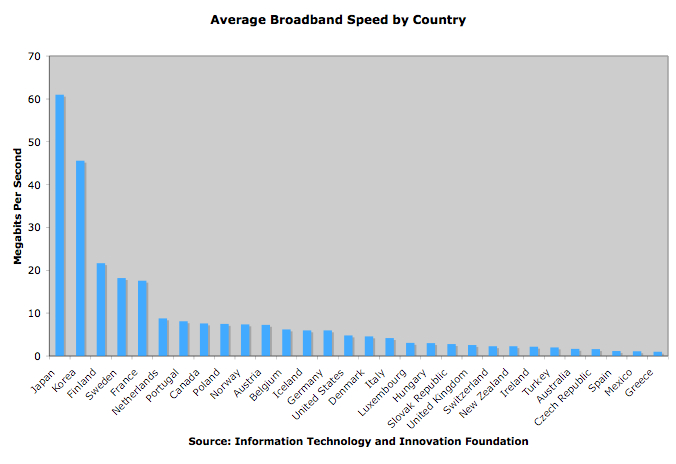
The debate over net neutrality rules and whether the FCC has the authority to adopt them hit the ‘page not found’ screen March 9, 2011 as the House Communications and Technology subcommittee voted 15-8 to reject the FCC’s net neutrality rules using the Congressional Review Act to overturn the rules. The matter now heads to the full House Energy and Commerce committee where it will be replayed in an endless loop until continuing the debate costs one side more than ending it.
Energy & Commerce Committee Chairman Fred Upton (R-Mich.) has opposed the rules saying they hurt job growth in the communications sector. “If the FCC was truly weighing the costs and benefits of its actions, the agency would not be attempting to regulate the Internet,” Upton told a subcommittee meeting on the matter.
Net neutrality rules were conceived as a way of protecting internet access from restrictions by large or dominant players by prohibiting Internet providers from arbitrarily blocking or slowing delivery of online services or favoring their own traffic over access by another firm. This has become more important to internet access providers with the rise of streaming video that consumes more bandwidth and the quickening convergence of TV and internet and movies. One often cited example by players like Netflix is a worry that Comcast might slow streaming or access of its content Netflix customers in order to encourage them to use Comcast streaming services. Comcast has sought to charge Netflix and other streaming content providers cable access fees or the delivery of their products to Comcast internet subscribers. The content providers cry foul saying Comcast does not charge other content providers for access to their customers so it is unfair to charge streaming content providers for doing so.
The other side of this coin is the growing demand for bandwidth for stream content and data driving up the costs of communications companies to keep up with it. Remember, how the launch of the iPhone caused big headaches for AT&T and its iPhone subscribers experiencing slow or poor network speeds.
Another net neutrality related issue is congestion pricing that permits contracts between communications companies to assure faster access, greater bandwidth for their traffic and other premium services. The new rule would permit such fees but not mandate them, but how it would actually work in practice is the subject of debate. Streaming content providers fear they will be hurt if Comcast and other ISPs deliver their content at slow speeds or delayed by premium paid traffic on the system.
But there are many who say the FCC should stop trying to regulate the internet and leave it alone. That is the fight now taking place in Congress. For most American’s this may be a B2B argument among telecom giants. What we want is speed and bandwidth to enable easy streaming of video!
Related Articles
- FCC Net Neutrality proposal blocked (slashgear.com)
- Net Neutrality struck down by Congress (rt.com)
- House Subcommittee Votes to Kill Net Neutrality (pcworld.com)
- Net Neutrality Suffers Congressional Setback (crunchgear.com)
- Timothy Karr: House Goes Nuts Over Net Neutrality (huffingtonpost.com)
